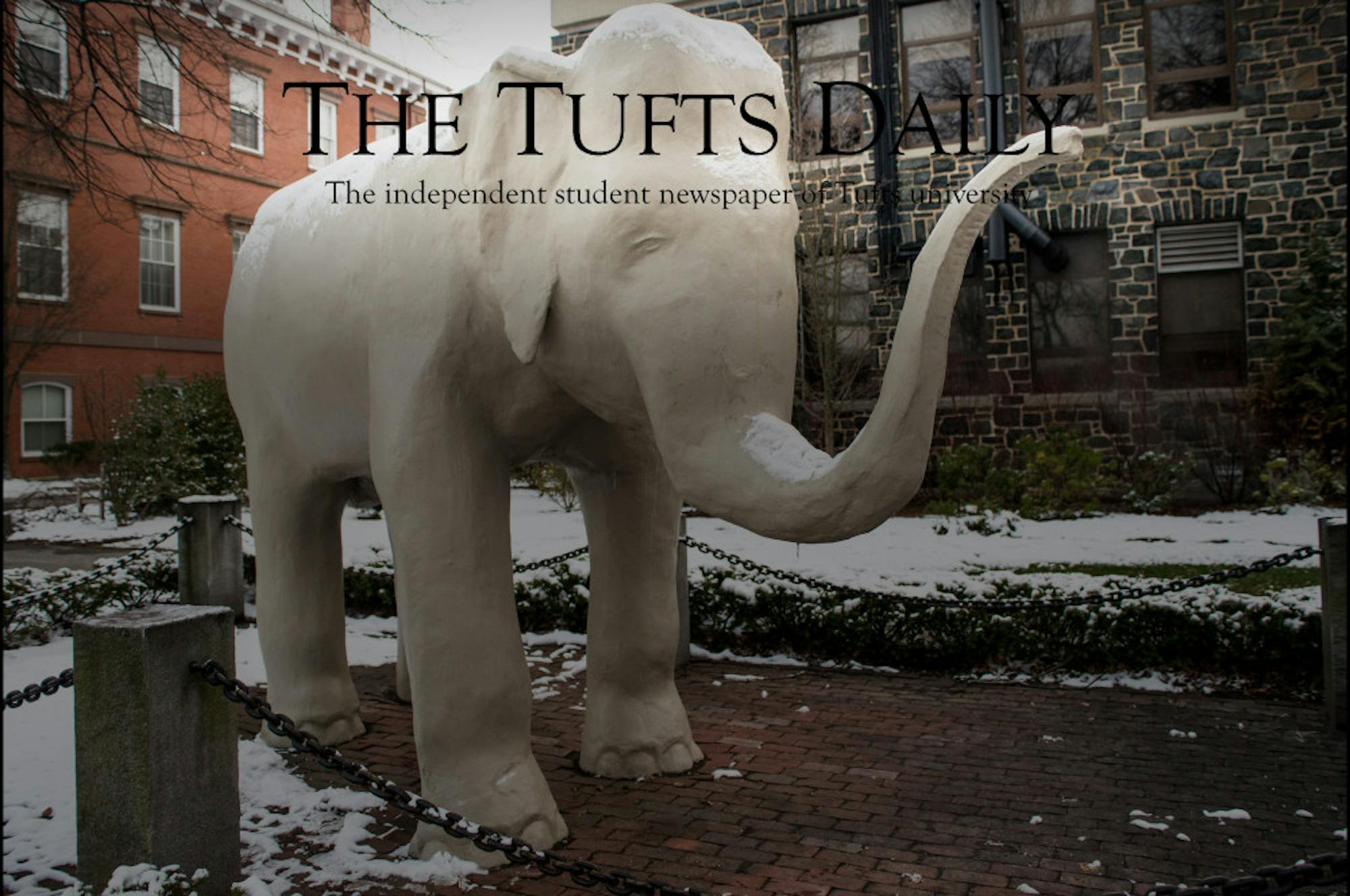While promoting his new film, “Cesar Chavez,” director Diego Luna met with the Daily for a roundtable interview to discuss the new biopic, which premiered on March 28. The film tells the story of Cesar Chavez, a labor leader, advocate for agricultural workers and founder of the National Farm Workers Association in 1962.
The Tufts Daily: What made you decide to make the film now?
Diego Luna: Before, I was too young. I was surprised and a little shocked there was no film about [the] Cesar Chavez movement and about farmworkers in the ‘60s and ‘70s ... I am shocked there is no immigration reform in this country, I am shocked by the hypocrisy around issues like where food comes from, who’s building this country ... I realized that [the Hispanic] community [in the U.S. isn’t] portrayed in cinema as much as it should be. It is not celebrated in cinema. This is an attempt to remind everyone that something like this needed to happen for us to be where we are.
TD: When it came to your directing, did you have any rituals that you did to get you into the mindset? What did you do to prepare yourself?
DL: It’s difficult to forget you are the director ... [The cast and crew] want confidence coming out from you ... You have to pretend you know everything you want to do. And then you go home, go to bed and ... realize you cannot sleep because you don’t know what’s best.
It’s a struggle ... Nothing has been so personal in my life.
TD: When you read the script was there a particular scene you were looking forward to filming?
DL: When I read the script ... I was very excited to shoot in the fields. That was the main thing. We were thinking a lot, how do we portray the moment in the fields? It’s hard not to romanticize the moments. You go, it looks amazing ... The green is very green; the light of the desert is very sharp ... But at the same time you don’t want to go there again and romanticize what was miserable for these workers.
TD: Since this is your first English-language film, how did your approach differ from your Spanish-language films?
DL: It is very different. [So are] interviews. I am struggling here to try and make myself clear about what I want to say. You lose a lot of subtlety ... I care about telling stories, and when I’m telling one it’s because that one matters more than anything else.
TD: With the cast, you have really big name actors in the Hispanic community. How did you decide on how to cast in this film?
DL: Everyone wanted to be a part of this film ... Usually this community is portrayed with a lot of stereotypes and prejudice, and it’s difficult to find characters that are deep and have an interesting complexity. With a film like this it’s all about celebrating the existence of this community.
TD: Do you have plans to do a political film about Mexico?
DL: I live in Mexico. I go back and forth to California a lot. But my kids are in Mexico, so that’s where I call home ... Every film I do is connected to what worries me ... I don’t know what my next film is going to be ... I tend to talk about what matters and obviously the thing is, film takes four years of your life. So what is the next subject, I don’t know. But I have to make sure the connection is so strong ... that in four years when I am sitting at a table like this I don’t go, “What the f--k am I doing talking about this issue ?”
TD: When you’re away from Mexico, what do you miss about it?
DL: What do I miss? I miss sometimes the mess [and] the freedom that the mess gives me, you know? When things are very organized, there’s very little [space] to move. The mess that is sometimes very difficult to handle also gives you the feeling of freedom.






